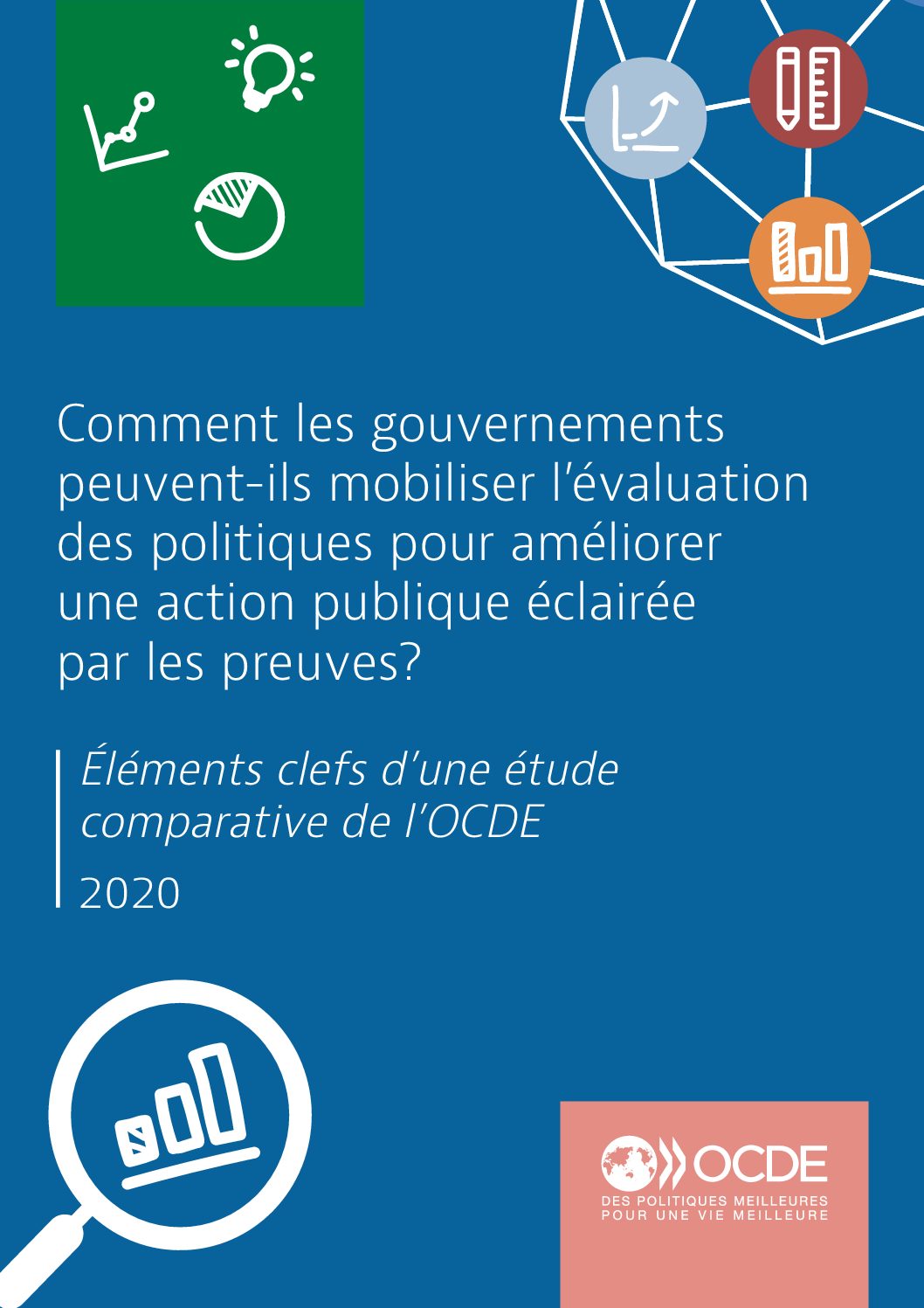key-elements – mobilizing-policy-evaluation
How can governments mobilize evaluation
policies to improve informed public action
by the evidence?
summary
The evaluation of public policies undoubtedly contributes to good public governance. It
can help governments improve the design and implementation of public policies that,
in turn, can bring prosperity for the country and well-being for its citizens.
Policy evaluation helps promote public accountability, learning and more
high efficiency of the public sector through better decision-making.
The report provides a general analysis of the institutionalization, quality and use of
the evaluation of public policies covering 42 countries. This systemic perspective allows us to examine
in-depth how evaluation can contribute to policy development and
analyze policy tools that rely on evaluation, such as budgeting and regulation.
An institutional structure can help harmonize isolated and unplanned evaluation activities
with more formal and systematic approaches. The promotion of better quality and
better use of evaluations can have a positive effect in enabling them to fully achieve
their objective.
In general, countries attach great importance to the evaluation of public policies.
Some countries have enshrined it in their constitutions, and around two-thirds of responding countries have created a
legal framework underlying the assessment. Likewise, most countries have adopted guidelines
on the evaluation of policies applicable to the whole administration.
The term “evaluation” can be applied to a variety of practices. Almost two thirds of countries
studied have at least one definition of the evaluation of public policies. If these definitions
often reflect the specificities of the country's institutional framework, we can identify terms and concepts
common to all definitions, especially with regard to what needs to be measured (policies,
programs, plans, reforms), why an evaluation should be carried out (objectives) and when (ex ante or
ex post).

